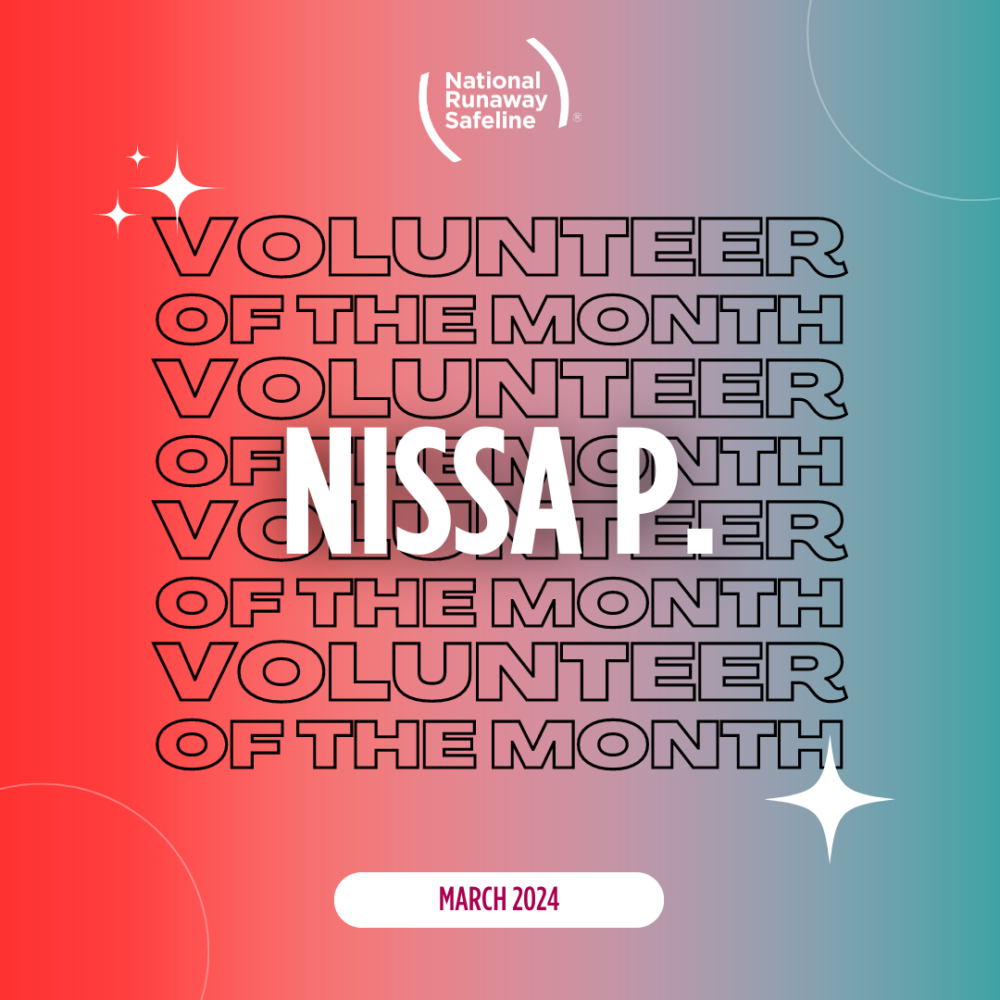
Service providers supporting people experiencing homelessness have already begun to struggle over the COVID-19 pandemic. People experiencing homelessness are at a higher risk of not only contracting the virus, but also experiencing the immediate and lasting impacts that pandemics have on a community.
With schools, public libraries and other public spaces that have become safe havens for homeless youth closing, there are even more limited options for support. Shelter-in-place and similar orders from the state level, a spike in social isolation-related domestic violence, and attempts to quarantine those who exhibit symptoms have led to the overcrowding of homeless shelters. Runaway and homeless youth providers are experiencing this influx as well.
New York City, which is facing a particularly devastating rate of COVID-19 infections, is struggling to provide adequate services to youth experiencing homelessness. Four of the city’s drop-in centers have had to close their doors, while other shelters halt intake to reorganize and implement quarantine procedures.
With a limited number of RHY-specific services, youth experiencing homelessness may be directed to already overcrowded adult shelters, where needs specific to youth may be neglected. Organizations are calling for the NYC government to:
- Immediately open new shelters for homeless youth serving youth up to 24 years old
- Hire social work professionals to staff these shelters, with a focus on harm reduction and experience serving youth
- Work with existing providers to determine their needs, and provide funding or other support to ensure that they are able to stay open
Other urban centers may be experiencing a similar struggle to provide shelter to youth. Many cities, including Chicago, Seattle and Los Angeles, are providing emergency shelter to people experiencing homelessness. Emergency shelter includes hotel or motel rooms, sprung structures placed on city-owned land, YMCA beds, and other improvised options. These temporary measures, however, are not tailored to the specific needs of homeless youth. Cities should be setting aside resources for providers specifically, to ensure that youth are not experiencing additional trauma during this pandemic. Suggestions include:
- A direct cash assistance option for youth, to cover basic needs and ensure stable housing
- Create new 24-hour drop-in shelters, or support existing ones, to provide access to social distancing measures for youth living on the street
- Funding set aside specifically for RHY providers, in addition to general homeless services providers, to ensure that youth are treated with a trauma-informed care approach
As shortages persist, youth-serving organizations are also in need of supplies such as:
- Cleaning and hygienic supplies
- Food
- Childcare items such as baby wipes and diapers
- Personal Protective Equipment (PPE)
In this difficult time, it is critical that our nation’s most vulnerable and underserved people receive the help, support and treatment that they need. COVID-19 is universally devastating, but to a youth on their own and the providers struggling to serve them, it is exceptionally devastating. Consider giving to your local youth provider, especially if you have additional cleaning supplies or food.
For those on the front lines working to keep young people safe, we see you and hear your struggles. Please join us and our partners at the National Network for Youth and the National Safe Place Network for weekly Virtual Office Hours. Every Wednesday at 12 PM ET we will come together with youth service providers across the nation to answer each other’s questions, explore available resources and recommendations. You may register for these calls ahead of time at https://bit.ly/2UhHx5e.




